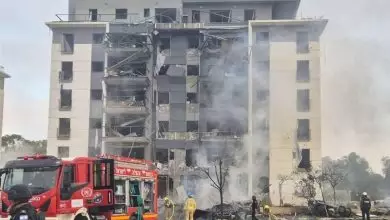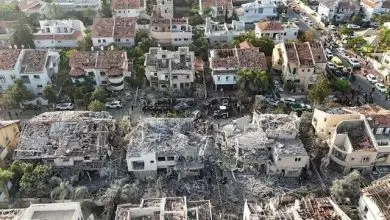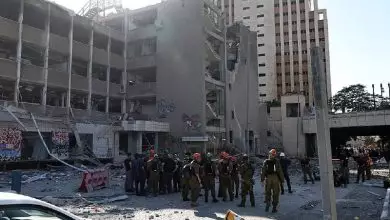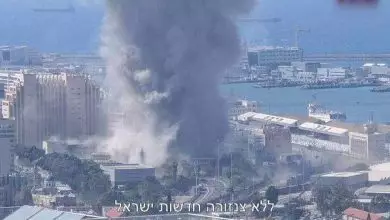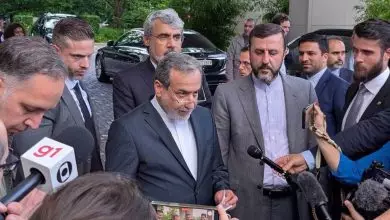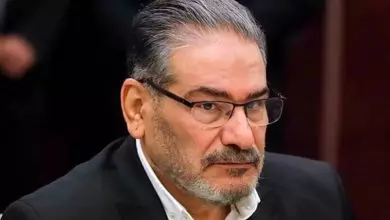Foreign Minister Criticizes US Involvement in Hostile Actions Against Iran, Dismisses Diplomatic Progress
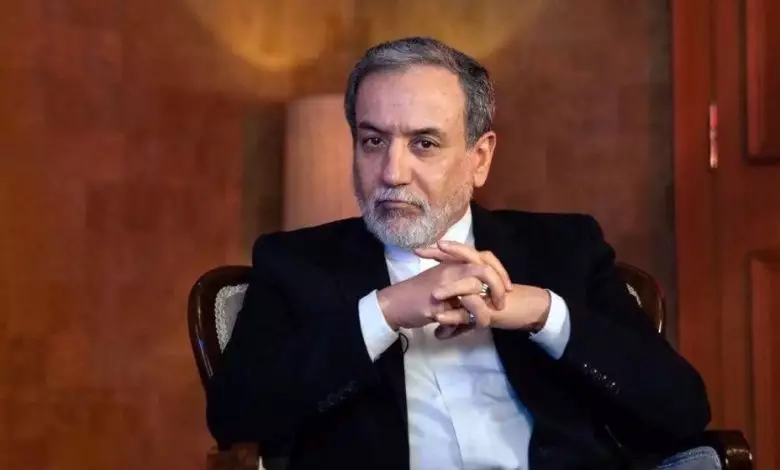
Iran’s Foreign Minister, Abbas Araghchi, has dismissed the possibility of diplomatic negotiations, citing ongoing aggressive actions against the Islamic Republic and accusing the United States of complicity in these hostilities.
In a statement prior to his visit to Geneva for discussions with European officials regarding the Israeli actions, Araghchi emphasized that Tehran has clearly declared that without a cessation of these aggressive acts, any conversation about dialogue is futile.
Sources indicate that several nations have recently engaged with Iran, advocating for a reduction in tensions and a return to diplomatic dialogue.
He remarked, “I respond by questioning our position in ongoing diplomatic negotiations, asking what exactly should we return to. Furthermore, the attack by the Zionist regime on nuclear facilities remains unjustified, and it is puzzling why Western nations persist in preventing condemnation of this aggression.”
“They are unable to provide an explanation and consistently avoid addressing the issue,” he said, specifically referencing the attack on Iran’s nuclear facilities, adding that the support for such actions is without justification.
Iran’s chief diplomat has declared that Tehran perceives Washington as an ally of the Israeli regime in its aggressive actions towards Iran. This assertion came in response to supportive comments made by Trump, as well as his threats targeting prominent Iranian leaders.
He declared, “There is nothing to discuss with the United States, which we regard as a collaborator in this crime.”
He firmly dismissed the possibility of engaging in talks about Iran’s ballistic missile program, asserting that no reasonable perspective would expect Iran to negotiate on its missile capabilities, which he described as “extraordinary and defensive” in nature.
Araghchi stated that Iran’s armed forces focused solely on military and economic targets belonging to the Zionist regime during its retaliatory operation, True Promise III.
Iran’s targets are reportedly devoid of any residential zones, housing structures, or medical facilities.
He emphasized his awareness of the precision with which their missile attacks are crafted, stressing their adherence to ethical standards and international humanitarian law in warfare.
True Promise III serves as a counteraction to the Israeli aggression, which resulted in the deaths of numerous high-ranking military commanders, nuclear scientists, and civilians, including women and children.
During a meeting in Geneva on Friday with counterparts from the United Kingdom, France, and Germany, the top diplomat stated that the talks would focus on nuclear and regional issues.
Araghchi asserted that uranium enrichment activities will persist on Iranian soil, emphasizing that Iran “does not seek permission from anyone” to proceed with its enrichment efforts.
Earlier, in a statement on X, Araghchi vehemently denounced the Israeli attack on a heavy water production facility located in Iran’s Arak province, a site that falls under the comprehensive safeguards of the United Nations nuclear agency.
The Arak Heavy Water Reactor, which operates under extensive IAEA safeguards and is being constructed following the specific technical parameters outlined in the Joint Comprehensive Plan of Action (JCPOA) to mitigate proliferation risks, was reportedly attacked in broad daylight yesterday by Israeli forces, according to statements issued.
He emphasized the importance of the United Nations Security Council, scheduled to convene on Friday, to uphold and enforce its Resolution 487. This resolution was unanimously adopted following the Israeli regime’s assault on Iraq’s nuclear installations in 1981.
The resolution states that any military strike targeting nuclear facilities is considered an assault on the entire International Atomic Energy Agency (IAEA) safeguards framework and, by extension, on the Nuclear Non-Proliferation Treaty (NPT).
Iran’s Foreign Minister issued a warning, stating that should the United Nations Security Council neglect to take action today, it must justify to the international community the selective application of its legal principles on this crucial matter. Furthermore, the minister emphasized that if the global non-proliferation regime were to collapse, the responsibility would fall squarely on the Council and the Israeli government.


